Physical Education
In Shankhill Church of England Primary School, our carefully planned and progressive P.E. curriculum is designed with the target of all children becoming physically confident in a way which supports their health and fitness whilst demonstrating respect and fairness as they do. We want all children to find the activity in which they can shine and enjoy in the future and outside of school. We aim to do this by making sure they meet the National Curriculum expectations, to:
- Develop the competence to excel in a broad range of physical activities
- Are physically active for sustained periods of time
- Engage in competitive sports and activities
- Lead healthy, active lives
In school, we place a high importance on providing all children with the opportunity to take part in competitive activities in school, at city or county levels. The enjoyment and confidence gained from these opportunities flows through the rest of the curriculum helping children to not only achieve in sport but also other academic areas. These opportunities for healthy competition allows children to experience success and failure and therefore grow in character. As well as providing transition opportunities, which are vital in a small school.
These opportunities include a range of after school clubs, such as: football, multi-skills, cricket, gymnastics, athletics and rounders. As well as range of sports competitions, including: bouldering, indoor athletics, orienteering, football, cricket and cross country running. Also we make the most of our links with our local secondary school (William Howard School) to take part in a range of festivals, which the whole school take part at different times throughout the academic year. Children also have our annual sports day, which provides them the opportunity to demonstrate to parents, the sports they have learnt this school year and display how they have grown as people too.
Our curriculum teaches the entire EYFS Framework through Development Matters 2021 and the National Curriculum 2014 and is based on current evidence-led practice for pedagogy and learning. Subject knowledge and workload is well supported through research and evidence-led practice and resources from GetSet4PE.
In school, we understand the importance of P.E. in the early years. The skills that we teach explicitly in P.E. are also part of everyday life in EYFS. In accordance with Development Matters 2021, we have three areas which PE is split into: health, gross motor skills and fine motor skills. Understanding their own health and well-being is vital in the early years of a child’s development, enabling them to pursue happy, healthy, active lives. Gross and fine motor experiences are developed, focusing on strength, co-ordination, and positional awareness. We provide opportunities for both indoor and outdoor play, which supports strength, stability, balance, spatial awareness, co-ordination, and agility.
In Key Stage 1, we plan for children to develop fundamental movement skills, to become increasingly competent and to be confident and access a broad range of opportunities to extend their agility, balance, and coordination, individually and with others. We plan for children to engage in competitive (both against self and against others) and co- operative physical activities, in a range of increasingly challenging situations. This is built upon throughout KS2.
Our PE sessions in Early Years, KS1 and KS2 allow for a clear progression of skills. These skills are taught through the following areas:
- Dance
- FMS – fundamentals, multi-skills and athletics
- Games – invasion, target, net and wall, striking and fielding
- Body management – yoga and gymnastics
- Swimming (years 3-6)
- Outdoor adventurous activities



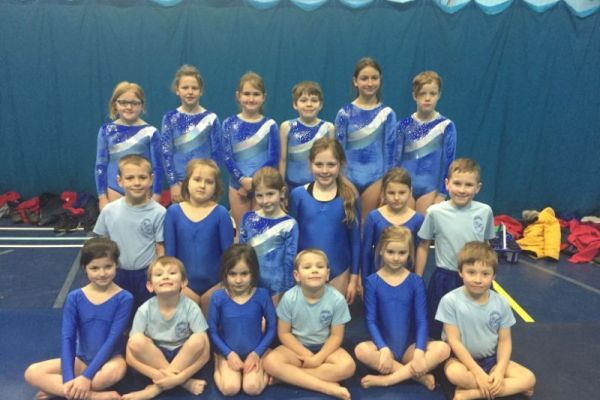
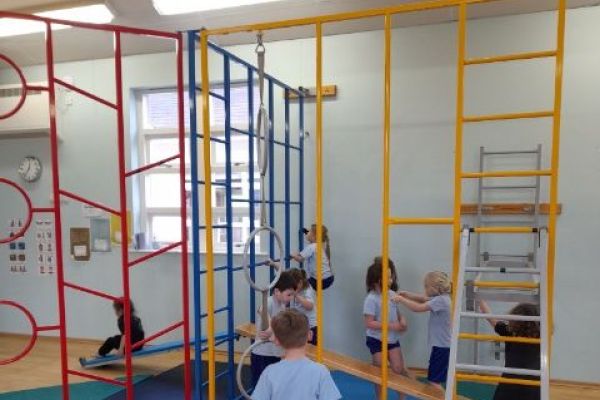
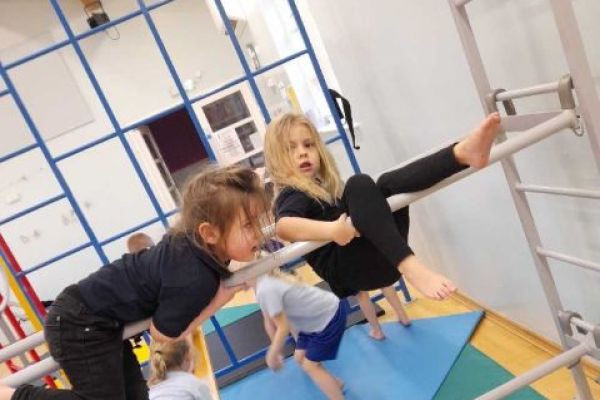
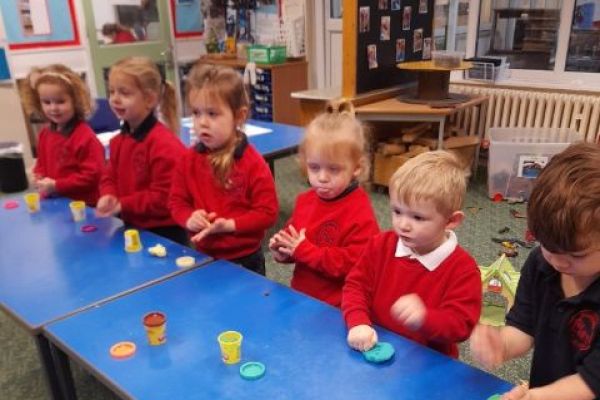
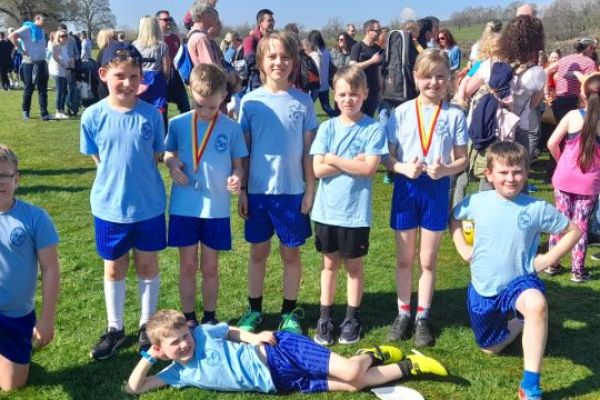
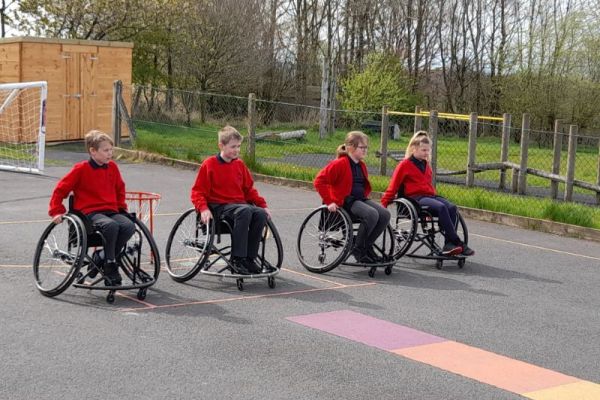
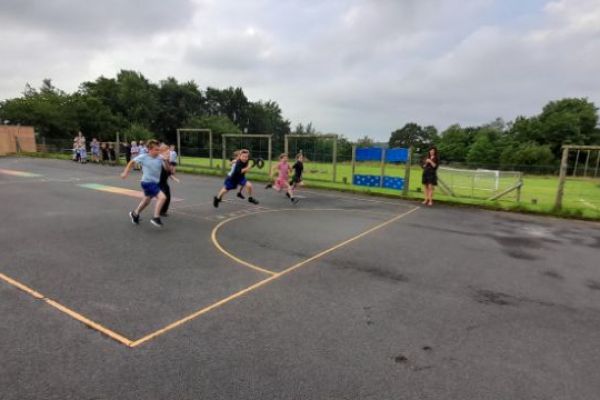
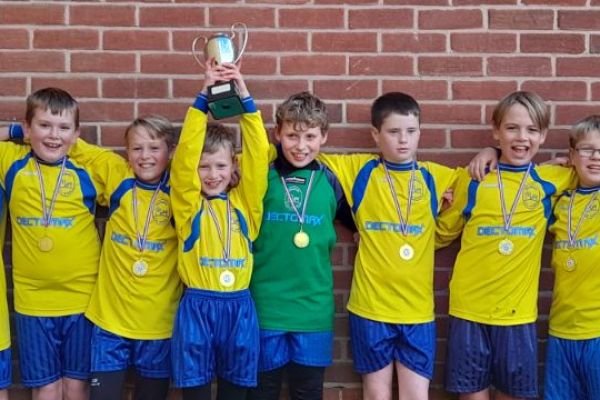
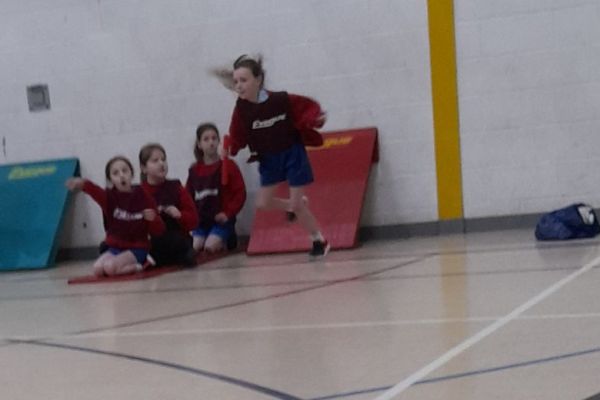
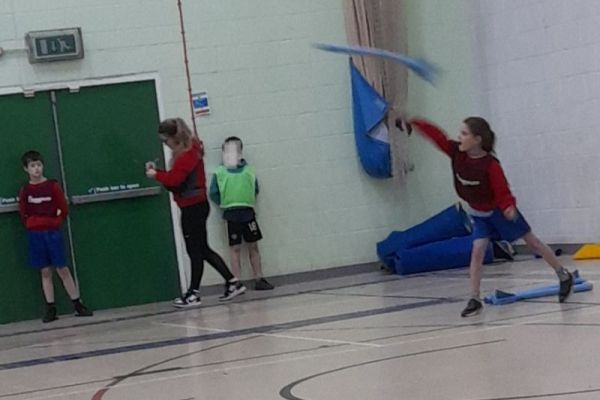
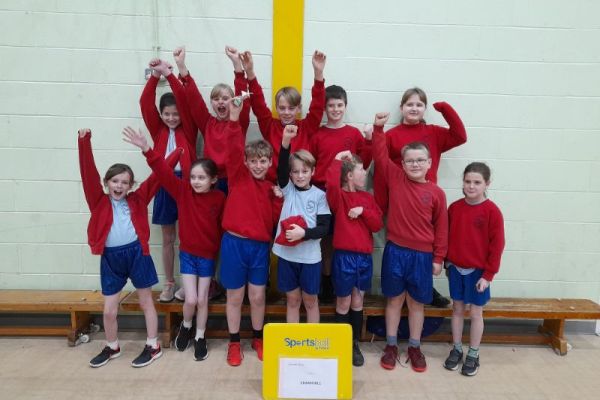
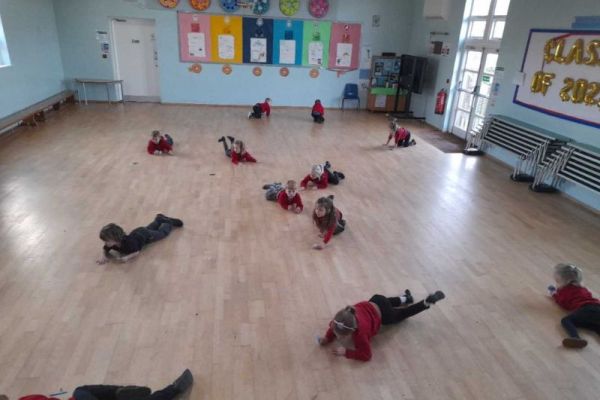
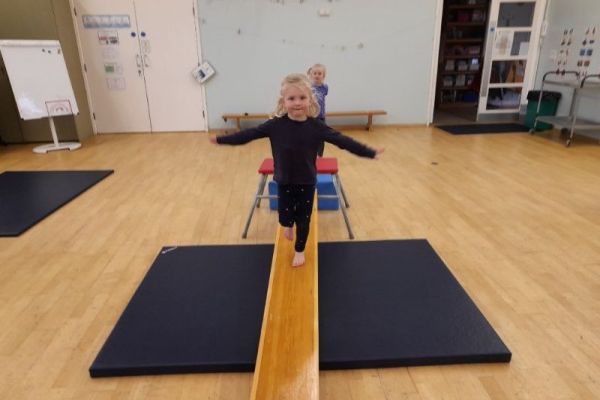
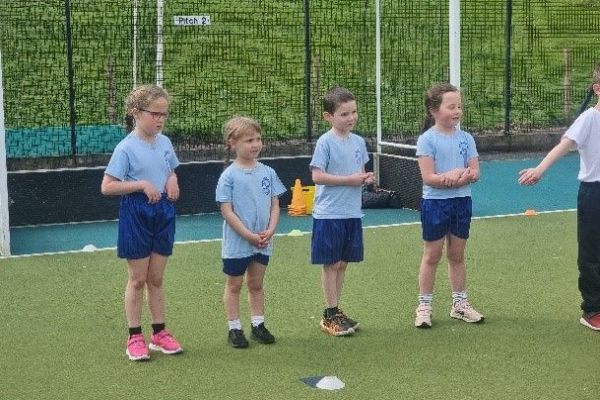
 Curriculum Overview Cycle A
Curriculum Overview Cycle A